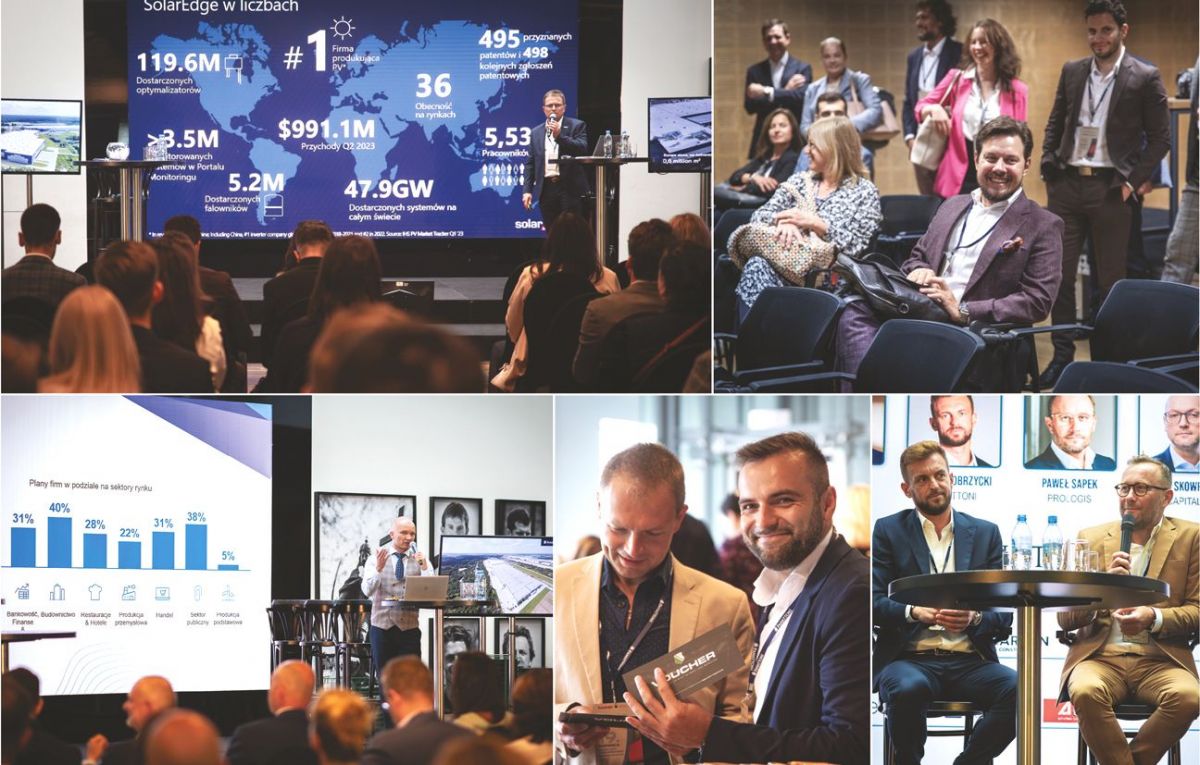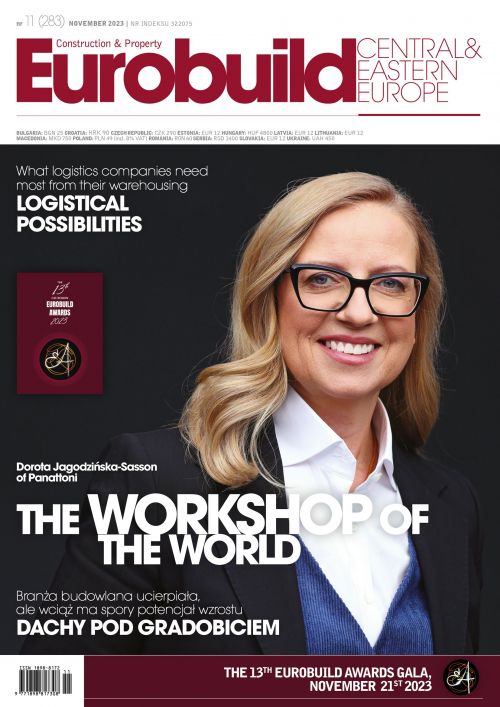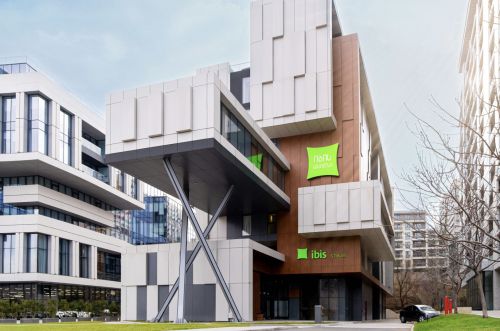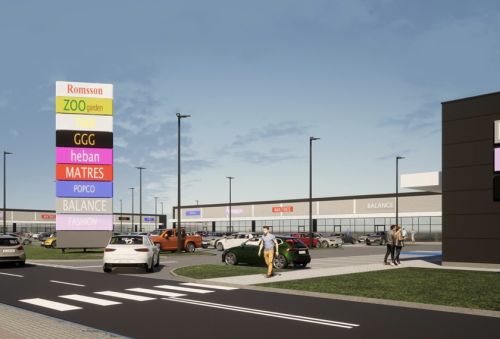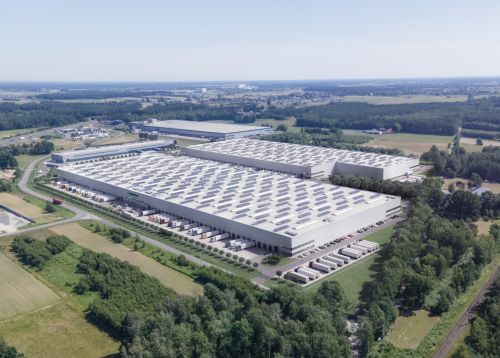In mid-September, around 200 people came together in the main clubroom at Legia Warsaw football stadium to discuss the main issues facing the industrial real estate sector. The weather on the day was fine, so those attending were happy to step outside into the stadium’s stands before the conference and later during the coffee and lunch breaks. On these steep rows of empty seats, you could soak up the sun, drink your coffee and chat with a perfect view onto Legia’s green and perfectly level football pitch.
When the conference itself finally got underway, Przemysław Sienkiewicz of Manpower Group was the first to take the stage. He spoke mainly about the labour market, but from his presentation it was clear that the worst times for the sector are already behind us. “If we look at the demand for labour, we can see that the period of stagnation is over,” he said. Salaries in the logistics and warehousing sector have increased by 10–15 pct in one year and, in his view, this trend
